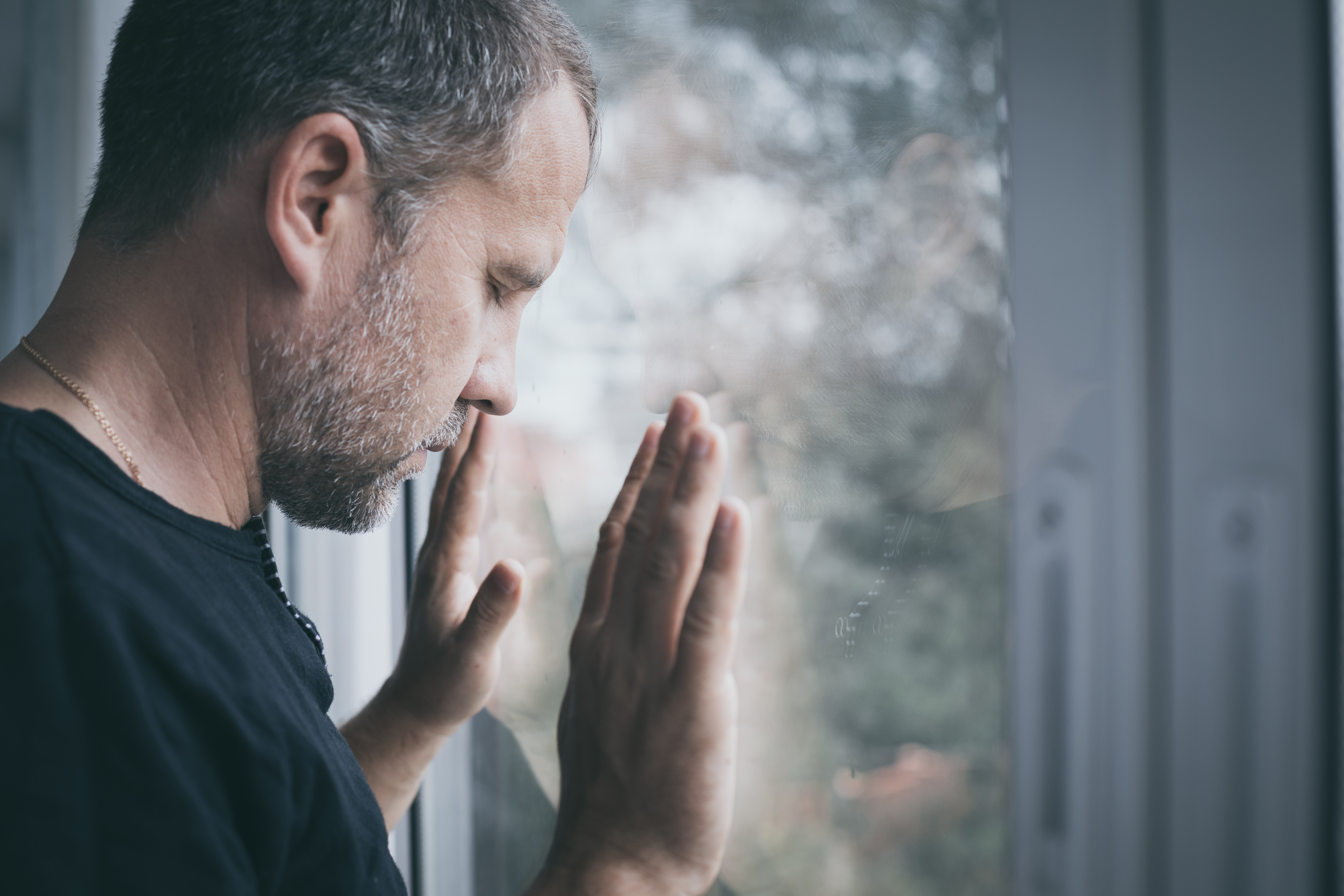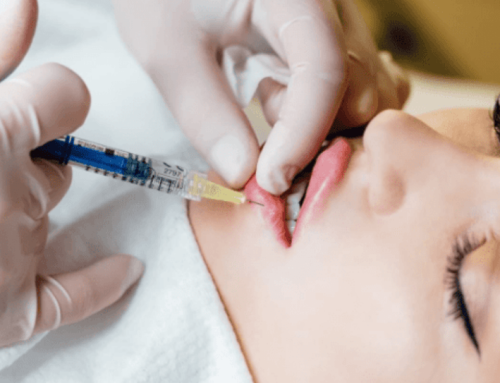Gynecomastia Surgery: Facts About Male Breast Reduction
Gynecomastia is the technical term for enlarged breast tissue in men and boys. It’s a common condition and about half of all boys will have some level of gynecomastia during puberty. For adults with this condition, male breast reduction surgery may help, but first, it’s important to understand the condition, its causes, and possible treatments.
What Causes Gynecomastia?
In general, gynecomastia is caused by an excess of the hormone estrogen. Estrogen is not just a “female” hormone and many men do not realize that their bodies also contain a small amount of this hormone naturally. When estrogen levels increase, this can cause the breast tissue to become enlarged.
Babies sometimes will experience a brief period of gynecomastia after birth, as estrogen from their mothers can be present in their body for several weeks. For boys experiencing puberty, hormonal imbalances often cause the breasts to enlarge. Typically, this condition will go away in a couple of years, and no treatment is usually needed, although, for some, this condition does persist into adulthood.
Hormone imbalances often strike again as we become older, and this condition sometimes develops in men in their 60s or older as testosterone levels begin to drop. In some cases, testosterone replacement therapy may help, and this therapy also can improve a person’s energy and sex drive and even help them sleep better.
Some diseases can cause gynecomastia, as well as general thyroid problems. Obesity also can increase male breasts, as obesity sometimes triggers estrogen production. Talking to an endocrinologist, a doctor that specialists in issues with hormones, is a good first step for anyone concerned about enlarged male breasts. Additionally, genetics can be a factor. If your dad had gynecomastia, it’s possible that you will too.
Drugs & Gynecomastia
In addition to hormonal changes and weight changes, certain drugs can cause this condition to occur. Steroids, for instance, are a common cause of enlarged male breasts, and we often see this with bodybuilders. Marijuana has been linked to enlarged male breasts, as well as drugs such as methamphetamines and heroin. Even drinking too much alcohol can contribute.
While recreational and illegal drug use can cause gynecomastia, other prescribed medications can contribute to the condition. Some antidepressants and anti-anxiety medicines can cause male breast enlargement. Some treatments for AIDS and chemotherapy treatments have been shown to contribute to this condition. Even heart medicines and heartburn drugs can cause gynecomastia to occur.
In some cases, especially with steroids and illicit drug use, when you stop using these drugs, the breasts may return to their normal condition. Obviously, with drugs for serious medical conditions, the benefits may outweigh any issues related to gynecomastia. Please do not stop taking prescribed or doctor-recommended treatments until you have spoken with your physician.
Gynecomastia Treatments
Gynecomastia itself typically isn’t serious, although many men are embarrassed by the condition. However, any underlying health concerns that led to the gynecomastia might be more serious. While we do provide male breast reduction surgery, we recommend that all patients first undergo a complete physical exam.
If your doctor finds hormonal imbalances or other issues, there may be non-surgical treatments that can help. Additionally, treating medical conditions that are causing the gynecomastia may reduce the issue and you may not feel as though you need surgery.
Gynecomastia Surgery
If your gynecomastia cannot be treated using other methods, gynecomastia surgery can be a good option. We know that this condition can be embarrassing and take a toll on your self-esteem. Surgery can reduce the issue and help you feel much more confident.
Male breast reduction surgery is not for everyone. If you are a healthy adult at a relatively normal weight with no life-threatening illnesses or serious medical conditions, this can be a great option to consider. If you do use steroids or illegal drugs, gynecomastia surgery is not a good option. We also don’t recommend gynecomastia surgery for smokers, as smoking can impact the immune system and make it difficult for the body to heal from major surgery.
Gynecomastia surgery is considered major surgery. You will be under anesthesia during the procedure. Surgery typically takes about one to three hours, depending on the severity of your gynecomastia. Bandages will be applied, and you also may need to wear an elastic bandage to support the area after surgery or perhaps a compression garment. In some cases, the doctor will place a tube just under the skin to allow fluids to drain.
While you won’t feel any discomfort during the procedure, you should expect some soreness or pain after the surgery, but many patients report that most of the discomfort was alleviated using over-the-counter pain medications, although every person’s threshold for pain differs.
In general, you should expect soreness and swelling for about a week after surgery. You will need to stay home and rest for at least three days after surgery, and we usually recommend that patients sleep at about a 45°angle to reduce swelling. In a few days, you should be cleared to return to work, but you need to take it easy. There should be no heavy lifting and even mild physical activity should be kept to a minimum.
Heavy exercise should be avoided for several weeks, and any exercise that targets the chest area should be avoided for about six weeks or until you are cleared by your doctor to exercise normally. While pain or discomfort shouldn’t last six weeks, the healing process is continuing during this time, so you need to take it easy on your body and give it time to heal.
Taking it easy, wearing your compression garment, and getting plenty of sleep can speed up the healing process. While you definitely shouldn’t smoke after surgery (or ever really), we recommend that you avoid alcohol as well for at least a couple of weeks. Eat healthy foods and drink plenty of water.
Are Male Breast Reduction Surgery Results Permanent?
While gynecomastia may involve surgery and some discomfort after surgery, the good news is that the results should be permanent. Excessive weight gain might cause the condition to return. We recommend that you keep as healthy a weight as possible to maintain the results.
There will be some scarring, but that will fade over time. It’s also important to understand that swelling may last for a while, so it could be a couple of months before you see the full results of this surgery.
While gynecomastia surgery can be a great option for many people, male breast reduction surgery is a big decision, and you should understand the procedure and recovery process thoroughly as well as having realistic expectations of the final results. If you would like to discuss this procedure with Dr. Thaxton, please call us at any time to book a consult.
As a top Charleston plastic surgeon, Dr. Thaxton can provide you with gynecomastia surgery as well as many other procedures, including otoplasty, rhinoplasty, and many non-invasive cosmetic procedures. Dr. Thaxton is certified by the American Board of Plastic Surgeons and one of only two practicing plastic surgeons in West Virginia elected to be a member of The American Society for Aesthetic Plastic Surgery. Give us a call today and let’s discuss which cosmetic treatments will help you to feel and look your best.





